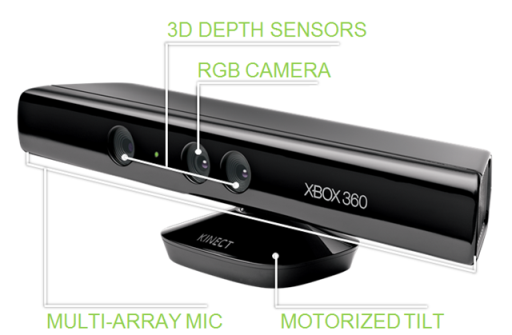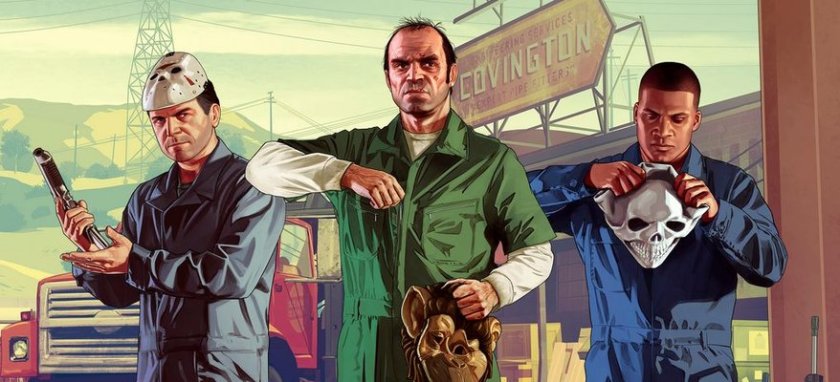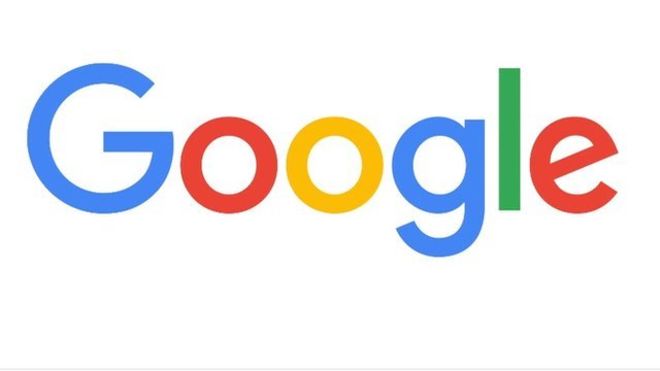The debate about our online rights to privacy is a hot button topic as of recently in public discourse. The current standoff between Apple and the FBI in particular has the online world wondering: what can we keep private?
These conversations have offered the opportunity for many Internet and computer users to discover exactly what data they have been giving away to companies such as Apple, Facebook, and Google in exchange for their ‘free services’? Users must now decide if free internet services are worth giving away identifiable data to advertising and marketing agencies. What is more troublesome is to realize that in fact these agencies that are taking your data, are then using it to sell you things and make money from us.
My personal journey grappling with these questions and concerns has unfortunately only began recently, which means for me much of my time frame for decision-making about what information I am comfortable relinquishing has dwindled. It may be past the point of no return for some risky datas (such as my credit card numbers, emails, and logins) if I wanted to keep them private. As I started to look more and more into where and how this data could possibly be retrieved by businesses, I was started at the levels of deception that internet companies use when forced to disclose what data they take. A recent example is how Verizon Wireless is now surveilling an extraordinary amount of online activity on mobile devices, laptops, and computers even when the computer user does not have a Verizon connection! Not only does this seem like extreme greed and reaching on part of Verizon, they actually spin this as a consumer positive by saying this will enhance their mobile advertisement so they are relevant and better for a consumer’s life. Glossing over the fact that your information is being sold to outside companies is a breach of privacy and problematic in many peoples’ eyes.
When I have to come down on how disturbing this really is to me personally, I have to take into account that most of this data is being used to sell things to me based on what they know about me. In this regard, I think my biggest way to combat Big Data backed marketing is just to be media literate and critically analyze media I consume to check if it is ‘hidden advertisements’.
I believe that as our society move more into the technical realms of the internet age, there will be more serious address to Internet rights and safety. I wholeheartedly support the concept of an Internet Bill of Rights and believe that a collective action can be taken to make sure individuals are not exploited by any big organization for profit.




 Exploration and interaction with the Internet itself was a much later experience. I don’t recall the iconic sounds or speeds of dial-up internet that so many of my cohorts do, because I don’t believe I was granted any access to the Internet until after my family had a connection via broadband. I was ten years old when my parents bought an Apple Macintosh computer for my older sister and I to share. Even still, we rarely explored the Internet itself. This state of minimal exploration was not due to heavy parental restrictions so much as naivety of what could even be done on the Internet. Because my father often looked at BBC news website on the Internet, my sister and I mainly became familiar with that website. Soon we found basic children’s games available from BBC.co.uk, therefore our Internet usage barely expanded from looking up different games.
Exploration and interaction with the Internet itself was a much later experience. I don’t recall the iconic sounds or speeds of dial-up internet that so many of my cohorts do, because I don’t believe I was granted any access to the Internet until after my family had a connection via broadband. I was ten years old when my parents bought an Apple Macintosh computer for my older sister and I to share. Even still, we rarely explored the Internet itself. This state of minimal exploration was not due to heavy parental restrictions so much as naivety of what could even be done on the Internet. Because my father often looked at BBC news website on the Internet, my sister and I mainly became familiar with that website. Soon we found basic children’s games available from BBC.co.uk, therefore our Internet usage barely expanded from looking up different games.